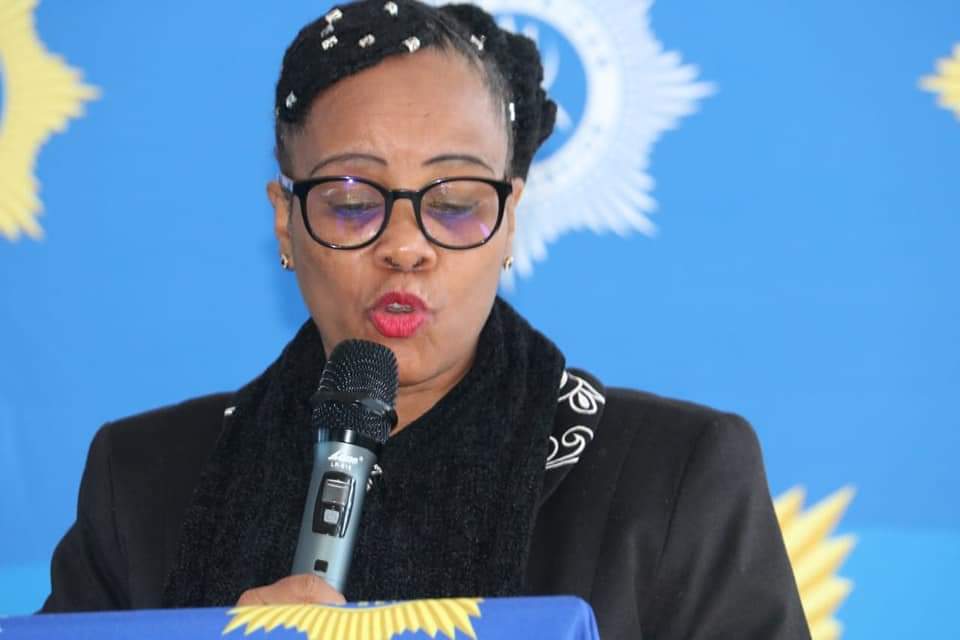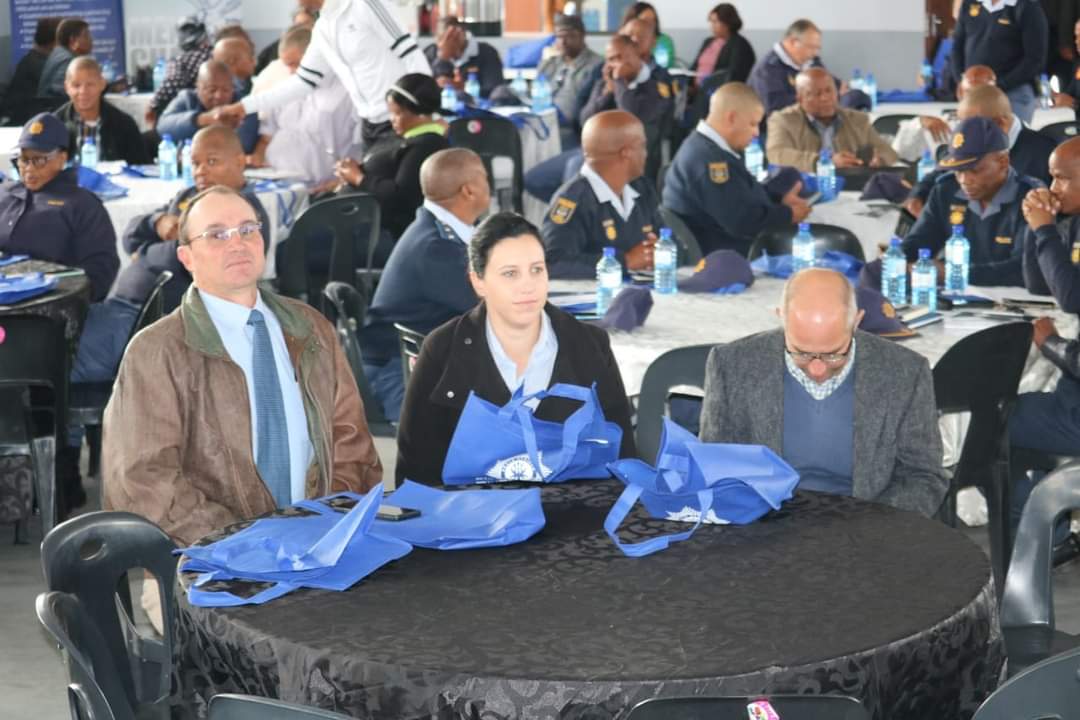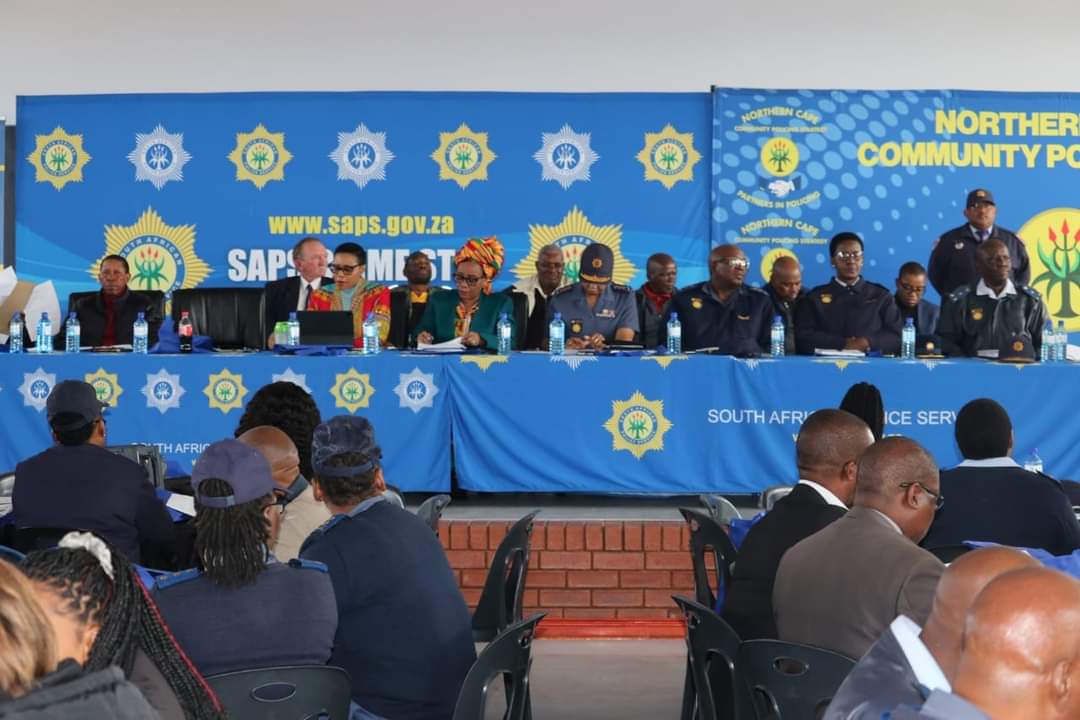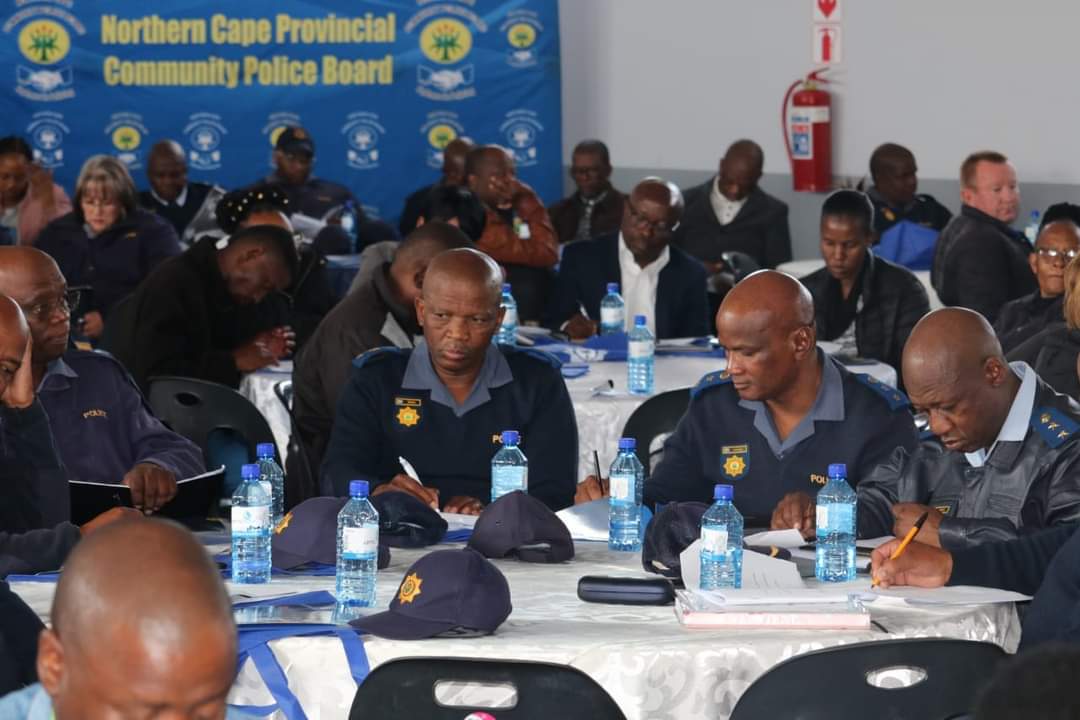MEC NOMANDLA BLOEM KEYNOTE ADDRESS
RURAL SAFETY SUMMIT
25 MAY 2023
KURUMAN

Programme Director
District Mayor Cllr Queen Mogatle
Provincial Commissioner Lt Gen Gen Koliswa Otola
Traditional and Religious Leaders
Leadership of the Community Police Forum
Leadership of Agricultural, Rural and Farming formations
Members of the farming community
Ladies and gentlemen
I am profoundly honoured to share these two days with you. I hope we all feel welcome to this important gathering. Being here is an indication of your willingness to participate and work together so that we make this area safer and more prosperous. Let us use this platform to share our ideas, engage each other and come up with workable solutions for the benefit of all.
Crime and its impact on society remains high priority along with other critical developmental imperatives such as health, education, rural development and the creation of decent and equal work. This, alone, must be the driving force behind the generation of a united, multi-faceted approach in the fight against crime that combines aspects of crime prevention, crime combating, improving socioeconomic conditions and strengthening of human solidarity among citizens in the Northern Cape.
We know by now the socio-economic realities of the South African landscape that renders us prone to or vulnerable to crime and criminality. Poverty, inequality, unemployment and substance abuse remains critical determinants in the expression and occurrence of crime. We must stand united.

We are here to extend a call for the mobilisation and involvement of all sectors of society in a concerted and sustained campaign to significantly reduce crime levels in our Province. We have represented a wide array of civil society formations, traditional and religious leadership, CPFs and members of the community that have to take a decisive stand and work together
side by side in finding solutions to the safety challenges which are threatening
the wellbeing of our people and our economic growth.
To recap what may have been identified already, the aim of the National Rural Safety Strategy (NRSS) is to:
- Respond to the safety and security needs of rural communities
- Provide a safe and secure rural environment to support food security, social and economic development
- Strengthen the building of relationships in rural communities
- Encourage all stakeholders in rural safety to cooperate in a coordinated and integrated manner
- Engage in joint planning, implementation, development and evaluation of the execution of the plan to combat crime and the lack of safety and security in rural areas, as determined by the National Crime Combating Strategy (NCCS)
The Key Focus Areas of the Strategy rests on eight (8) pillars and include:
- Building effective human and resource capacity
- Improving policing in rural and urban/rural areas through the Back to Basics Approach to improve accessibility to Policing, investigation and service delivery to rural communities
- Improve policing infrastructure in rural police stations to ensure that policing services and victim empowerment is available in rural spaces
- Improve the governance system for rural areas to ensure clear and responsive governance in rural areas encouraging rural safety
- Improve communication and marketing for rural areas and so enhance awareness
- Community involvement and stakeholder collaboration – our goal being to mobilize communities to support and enhance safety and security
- The implementation of Organised Crime Threat Assessments (OCTA)
- And finally, Monitoring and Evaluation to see how well we are doing with regards to implementation
Programme Director, we have four Commissions that will lead guided discussions against specific themes. I just want to note on a few considerations when we engage in these commissions.
Our main aim is to be as candid and open as possible, not only about the realities with regards to crime or responses to it, but of what is really needed to address challenges and gaps.
We talk a lot about community involvement – what do we mean by it? Who is community and what are the concrete ways within which members of the community can positively contribute to the identification and responses to crime? What are the practical but also social stances or positions we need to take to establish resilient and proactive communities who do not tolerate or provide a breeding ground for crime?

Amongst our partners and stakeholders, we need to define our rules of engagement and collaboration so that we create not only safe, mutually rewarding platforms of interaction, but engender such trust in each other that we experience collaborations as intrinsically rewarding and practically efficient.

When we talk Back to Basics what do we mean? What are those practices at a fundamental level that may improve our perceptions and lived experiences of safety within rural spaces? What is the face and form of rural policing and what are the factors that inhibit or undermine its efficiency?
When we talk governance systems who and what do we mean? What role do local authorities play? What role must be realized and aligned by our traditional leadership and what platform will be used to garner such support? Also, what two-way response actions can validate and affirm the role that may be played by our leaders in the fight against crime?
What are the current challenges with regards to policing infrastructure in our rural areas? Rural police stations are often isolated and responsible for policing vast areas. What modalities of collaboration, reach or communication can we establish to promote not only the reporting but improve our response to crime?
We all live and work and try to survive here. Everything we do within our community bears consequence to the landscape and context of safety and security we all co-create. It doesn’t matter, farmer or farm worker – we all have a responsibility to stand in and stand up against crime. Anything we approach, especially in this way of moving from a point of realizing we are together, will succeed if we trust the process and trust each other.
I wish you a wonderful two days and ask that we all, please, actively engage in discussions so we can deliver a rich and well-rounded approach for Rural Safety and peace in this space.
I thank you

